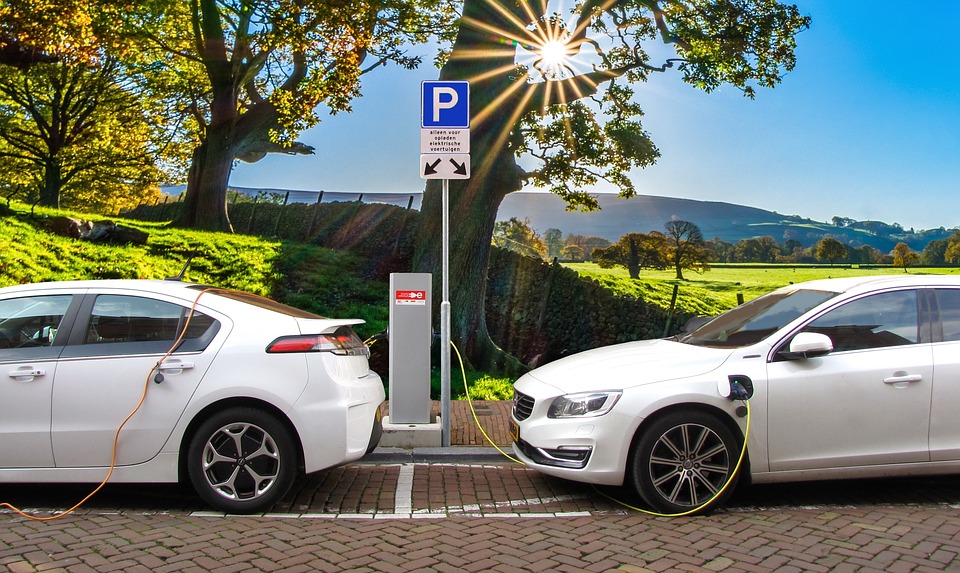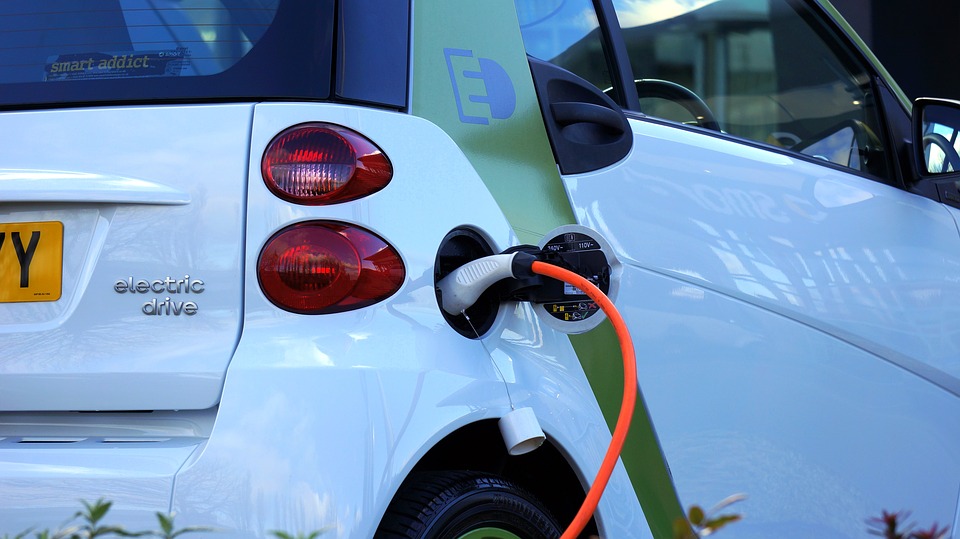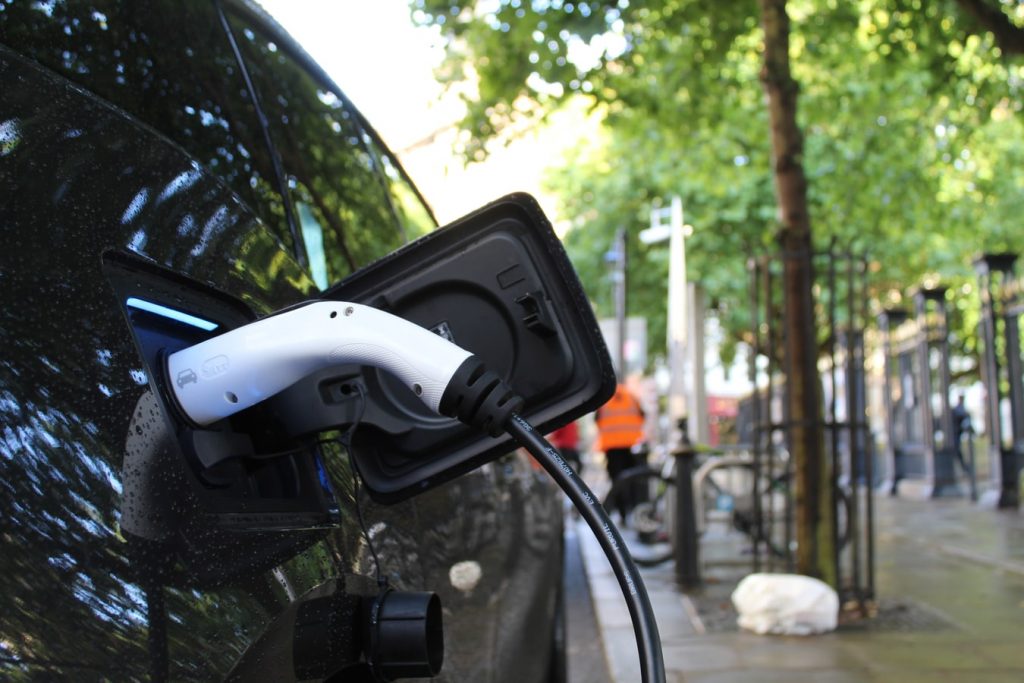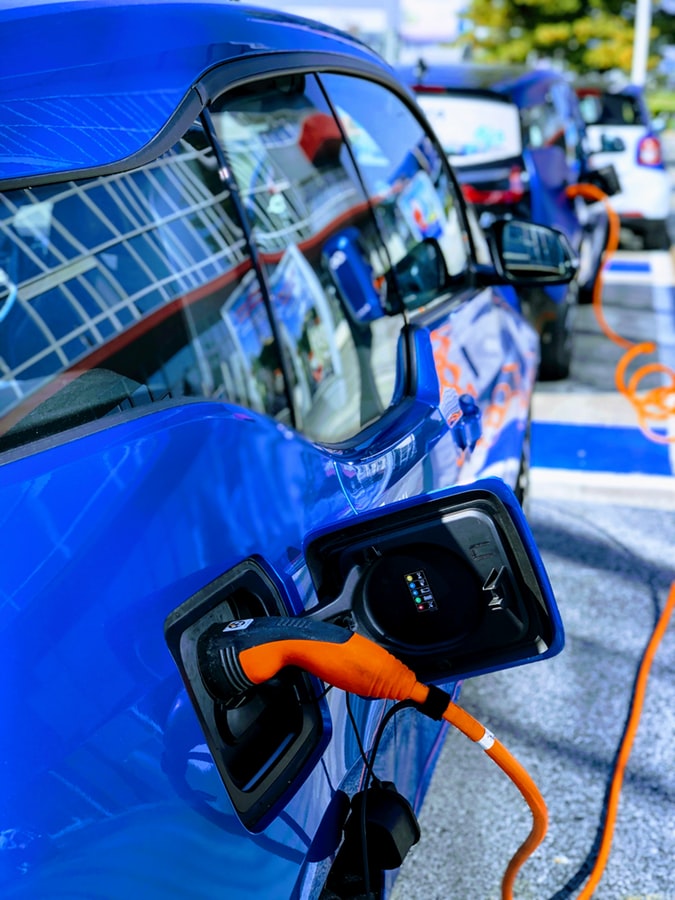In the recent post The Electric Car and Ecology (Part 1) the following topics were covered:
The Light Vehicle Market and the Electric Vehicle
Electric Vehicles: What Are They Made of and How Do They Work?
The Price of an Electric Car
The Cost of Running an Electric Car
Now, in this post which is Part 2, the topic of Electric Car and Ecology will be treated with clear-sightedness and impartiality, as it remains somehow controversial these days.
Is the Electric Car the Solution for the Environment?

Yes, the electric car will be one of the solutions to the environmental impact despite it is not yet perfect in this respect. In terms of its operating life and functioning, it is the real solution: not only are harmful emissions eliminated locally, but it produces practically no noise pollution, increasing driving comfort and reduces the impact of accidents.
Its main current shortcomings are its batteries, or rather their production (the extraction of ore (lithium), mainly in South America, is highly polluting for the water tables). Their recycling is also problematic and requires a lot of energy, thus having a negative environmental impact.
The other negative point, which is likely to increase with a large market for electricity sales, are the recharging phases, which will place greater demands on power plants, either nuclear (and their dangers) or fossil fuel (oil, gas, coal, etc., the majority in the world), which produce noxious fumes.
The Prospects for the Electric Car

The environmental solution will involve the electric car, provided that it is based on :
– new high-tech battery technologies, including less polluting, lighter and more efficient materials for energy storage, to increase autonomy, researchers are working on this every day;
– the development of other energy sources that can power the electric motor of a car: hydrogen, supercapacitors, etc.
– the development of renewable energies, and better management of the carbon footprint;
– Innovative solutions for energy management on a national scale: the ideal solution being studied is to take advantage of the energy storage of EVs connected for recharging, to inject it into the electricity grid and smooth out the peaks in electricity consumption on the national grid.
Advantages of the Electric Car: Profitability

By taking into account the purchase of the vehicle, its consumption, its maintenance (including battery rental) and its resale, the electric car is a winner over the combustion car.
Its strong points:
– Government bonus: as seen in Part 1 of this post, subject to the scrapping of an old generation combustion vehicle, buying an electric car will benefit the buyer with the ecological bonus;
– a reduced rate or free registration certificate is granted depending on the region
– consumption: for the same basic vehicle, the differential in favour of electric power will be $800 per year for 10,000 km travelled; for 30,000 km (a business trip of 120 km/day, with recharging during the day), the gain rises to $2,000 per year;
– maintenance: the electric motorization part requires little maintenance, unlike the petrol model; if the chassis, the bodywork, the electronic management, the various active and passive safety systems and the running gear are similar on both types of vehicle, the maintenance generated, due to the driving style and use, will be less for the electric car;
– resale: while in the past, the purchase of a used electric vehicle was infrequent, the market is intensifying, and car dealerships now own an electric car fleet. As demand increases, the resale price of electric cars is higher than that in the segment of internal combustion engines.
Driving Comfort: One of the Key Advantages of the Electric Car

Driving an electric car brings a certain comfort on several points:
– Silence: this is the most striking element when driving an EV for the first time; destabilizing at first, the absence of engine noise quickly becomes appreciable;
the absence of a gearbox: unlike the internal combustion engine, the electric motor has an extended range of use, where it delivers a constant maximum torque. This technical feature makes it possible to dispense with a manual or automatic gearbox, thereby eliminating the clutch pedal located on the left of the pedals for internal combustion cars with manual gearboxes. This makes driving the electric car easier;
– performance: whatever the segment, the torque of the electric motor enables it to accelerate powerfully when starting; and at a reasonable price, top-of-the-range vehicles such as the Tesla rival their internal combustion engine counterparts in terms of performance;
– recharging: extremely simple, clean, without the smell or emissions of fossil fuels, connecting the electric vehicle for recharging is not a major chore, provided that recharging stations become widespread in the future.
Advantages of the Electric Car: The Ecological Scope
Considering the local scope of the electrical impact, the real ecological advantage of the electric vehicle in operation is its absence of harmful emissions: for the future, its generalization in large conurbations and traffic routes will make it possible to reduce current emissions from cars (15 to 20% of global pollution).
The other source of automobile pollution, which has been radically eliminated by the electric car, is noise linked to the operation, even if there is still the noise of bearings (moving parts, wheel friction on the road, etc.), which is mainly perceived by the occupants in the passenger compartment.
Expert’s Opinion
Because of the many advantages presented above, electric vehicles are becoming increasingly popular. Thus, for more than 100 years, to adapt to usage and satisfy drivers by guaranteeing performance, comfort and driving pleasure, constant research has been carried out to develop electric vehicle technology.
In response to this challenge, Nissan has deployed a design range of electric cars. No noise, no vibrations, no gear shifting, a single pedal for acceleration and braking (with a brake pedal available for emergency braking). In terms of performance, all the torque is available instantaneously, allowing a shift from 0 to 100 in 7.9 seconds.
Another point to take into account is that driving an electric car does not cost any more! Maintenance costs are notably reduced because of the simplicity of the electric motor and you save money by opting for home recharging ($2 per 100 km). And a significant advantage in everyday life: no more need to go to the pump, you can recharge your vehicle at home!
Finally, if you’re worried that you won’t be able to drive far enough, the Nissan Leaf range offers the possibility of driving up to 385 km* on a single charge.
So, what are you waiting for? Go and try that electric car you have been thinking of. It is really worth it!
Remember to share your views in the comment section below!

